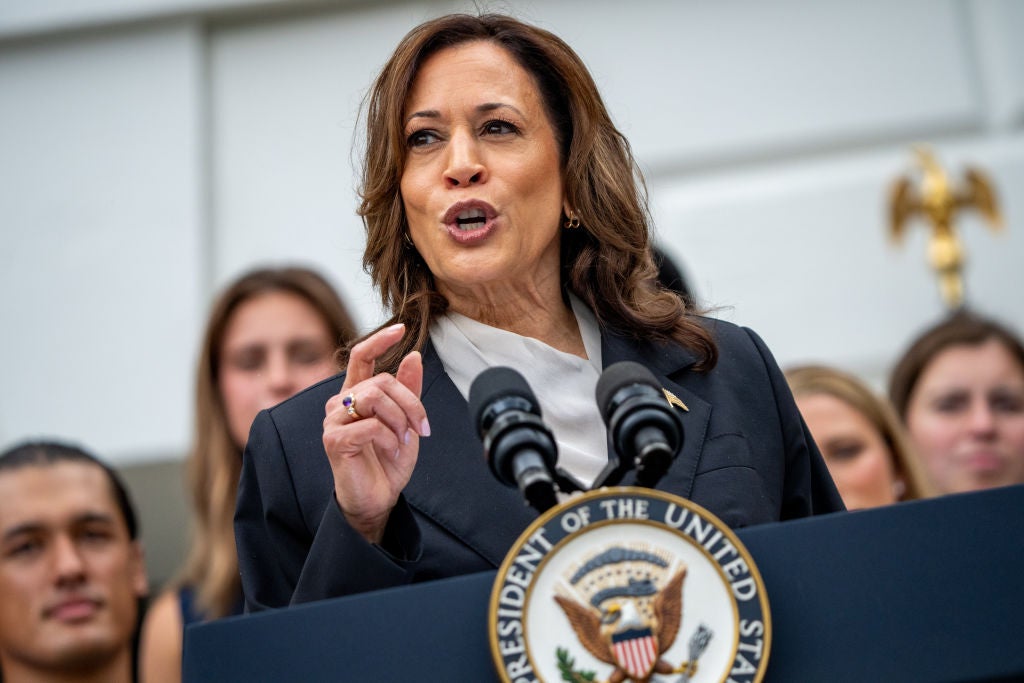With President Joe Biden stepping down from the presidential race and endorsing Vice President Kamala Harris, the future of US climate policy — and its impact on the motor finance sector — could undergo significant transformation. Harris, known for her stance on climate issues and regulatory actions, could drive the US towards more stringent environmental standards and innovative financial mechanisms for the automotive industry.
As vice president, Harris was instrumental in promoting the Inflation Reduction Act (IRA), the largest climate spending law in US history. The IRA aims to reduce greenhouse gas emissions by up to 42% below 2005 levels by 2030, with significant implications for the automotive sector. The legislation’s focus on clean energy and electric vehicle (EV) incentives aligns with the motor finance industry’s growing shift towards sustainable investments and green financing options.
Kamala Harris has previously expressed stances on certain environmental issues, which include:
- Harris has opposed fracking and has called for federal legal action against the fossil fuel industry.
- During the 2020 presidential campaign, she outlined a $10 trillion climate plan for net-zero emissions by 2045.
- Harris co-sponsored the Environmental Justice For All Act to address pollution in communities already burdened by it.
Harris’s emphasis on environmental justice and regulatory oversight is particularly relevant to the motor finance industry. As California’s attorney general, she secured an $86 million settlement from Volkswagen for rigging its vehicles with emissions-cheating software. This landmark case highlighted the importance of regulatory compliance and corporate accountability within the automotive sector. Harris’s track record suggests a focus on stringent emissions standards and rigorous enforcement, which could lead to tighter regulations and increased scrutiny for automakers and financiers alike.
However, a Harris presidency would face challenges, especially from domestic political opposition. Former President Donald Trump has vowed to reverse many of Biden’s climate policies if re-elected, including aspects of the IRA. Harris’s administration must defend and expand existing climate legislation, ensuring that green initiatives and automotive regulations remain a priority.
The upcoming Democratic National Convention will determine if Harris secures the nomination. Should she become the nominee and ultimately the president, her administration could significantly impact the motor finance sector.

US Tariffs are shifting - will you react or anticipate?
Don’t let policy changes catch you off guard. Stay proactive with real-time data and expert analysis.
By GlobalDataHowever, attaining the highest political office might also bring a softening or reversal of stated green policies – that would not be unusual. Nonetheless, Harris’s approach would likely contrast sharply with the agenda of a Trump presidency. Under Harris’s leadership, her administration could be a turning point for US-EU climate collaboration, with a heightened focus on increasing funding for clean energy projects, setting ambitious emissions targets, and enforcing strong regulations.
Such measures could guide the US automotive industry towards a more sustainable future, stimulate innovation in motor finance, and enhance the role of green financing in the shift to a low-carbon economy.
How the EU elections may affect its leadership of the energy transition
Biden and Trump face off: the battle over the future of the EV industry








